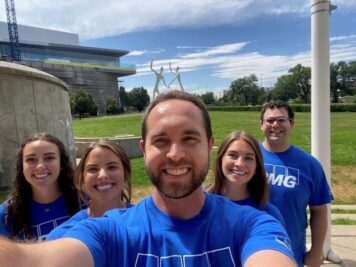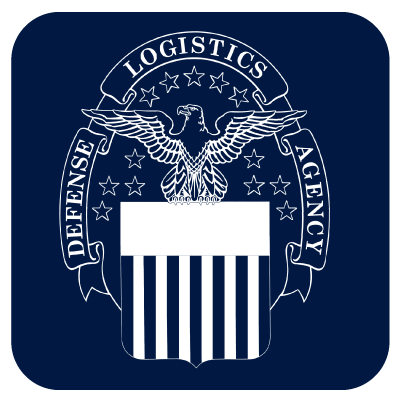What don’t you know about working for the federal government? Maybe a lot. There are many misconceptions about the location and kinds of careers that exist in the government. While a majority of positions are in Washington, DC, there are opportunities in all states and many countries; the government seeks employees with degrees across all majors and most industries.
It’s not all politics! When people think about the federal government they think about elected officials and shy away from exploring the possibilities, but elected officials are just one part of the picture, it takes many non- elected workers to provide the public with the services that they expect. (Our focus here is on careers in the agencies of the executive branch only).
1. All of the jobs are in D.C.
Less than 10% of federal jobs are in the metro D.C. area, there are federal agencies in every state and about 50,000 federal jobs overseas. You can search gov by location for opportunities in locations that you’re interested in.
2. Government jobs are just for poly sci and CJ majors.
The federal government is the largest employer in the U.S. with almost 2 million civilian employees, with positions for all majors and industries. See Federal Occupations by College Major for job titles and occupational series.
3. The federal government is boring!
Think again. Positions include Recreation Specialist; Park Ranger (Off-Highway-Vehicle); Intelligence Research Specialist (Department of Homeland Security); Design Manager (Smithsonian Institution); Interdisciplinary (Fish & Wildlife Biologist or Fish Biologist); Nurse/Clinical Nurse (Development).
4. Corporate is better than the federal government.
It’s trite, but working for the government is an opportunity to do good and make a contribution to the public interest, which is a value many students have.
5. It’s too competitive.
Yes, it is, which is the case in most industries. It takes patience, persistence and flexibility to find and apply for government jobs. But would you really want a job that was too easy to get?
6. Federal workers are poorly paid and working conditions are poor.
Salaries can be quite competitive, benefits are good, and many agencies have flexible work schedules. The Partnership for Public Service ranks more than 389 federal organizations for overall employee satisfaction. See The Best Places to Work in The Federal Government for the 2014 rankings.
7. I don’t know how to look for federal jobs.
Here are some tips to get you started:
- If you’re a student or a recent graduate start with the Pathways Programs (search on USAJobs.gov) which are hiring authorities that allow agencies to hire outside of the competitive service meaning applicants don’t have to have prior government experience. This allows the federal government to be more competitive with the private sector in hiring entry-level candidates. These programs are: Internship Program; Recent Graduates Program; Presidential Management Fellows Program.
- USAJobs.gov. Review the resources in the Resource Center that includes tips on setting-up an account, a glossary that explains the posting terminology, tutorials on conducting an advanced search, creating a profile and developing a federal resume.
- Agency webpages. Not all agencies post on USAJobs but most have a “Jobs” or “Careers” link on their website.
- Other resources to consider include The Hispanic Association of Colleges and Universities National Internship Program (HNIP), The National Association for Equal Opportunity in Higher Education (NAFEO) Internship Program, Washington Internships for Native Students, The Washington Center for Internships and Academic Affairs.




